Revealed: the most anticipated book releases of 2021
Whatever the shortcomings of forecasts such as this one, they do have one glory: they are concerned with stories as yet unread and so filled with infinite potential.
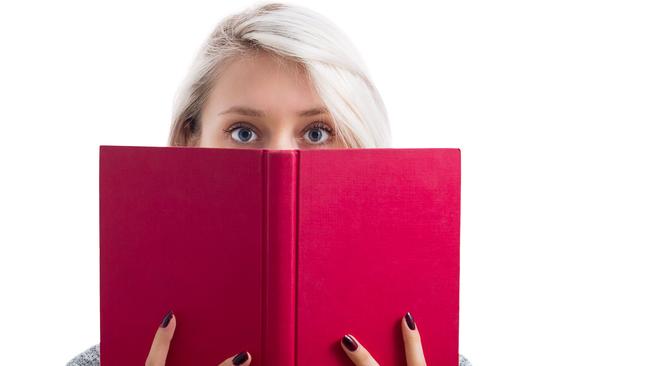
Kierkegaard reckoned the tragedy and farce of human existence arose from the fact that while life is lived forwards it can be understood only backwards. Things make sense and reveal their true value only retrospectively.
Which is why the “best book” lists at the end of a given year differ from those written at its start that predict the most promising titles of the 12 months to come.
Yes, of course, the new Kazuo Ishiguro novel due in March is likely to be as good as it says on the wrapper. But even Nobel prize winners can produce duds. Likewise, established names of all kinds can misfire or produce books that don’t fit easily into a moment.
And because lists such as the one that follows rely on past performance as an indicator of future achievement, the half-dozen startling debut authors who will thrill us this year don’t appear here. The truth is that I don’t know who they are yet (though a few educated guesses are hazarded).
Whatever the shortcomings of forecasts such as this one, they do have one glory: they are concerned with stories as yet unread and so filled with infinite potential. Goethe said the place to linger is on the threshold of something new. In that spirit, luxuriate in the endless possibility of this partial, idiosyncratic and inevitably flawed list of the most anticipated titles to be published in the year to come.
JANUARY
Maria Dahvana Headley doesn’t retranslate Beowulf (Scribe) so much as re-wild the epic Old English poem. She makes it unruly and dangerous once again, paradoxically by grounding it in the present, using contemporary language and feminist sensibility.
Also in January, English wunderkind Max Porter brings us The Death of Francis Bacon (Faber), a meditation on the great and terrible artist’s final days; a novel, he tells us, that is shaped like a painting.
FEBRUARY
Bill Gates brings considerable gravitas to How to Avoid a Climate Disaster (Penguin), the tech titan and philanthropist’s textbook for saving our world. Meanwhile, climate scientist Michael E. Mann — the bloke who first broke the news of potential climate disruption — describes a pitched battle for a liveable future in The New Climate War (Scribe).
In his new novel, O (4th Estate), Miles Franklin winner Steven Carroll, one of our finest novelists, imagines the true story behind the most notorious erotic narrative of the past century, The Story of O.
Trevor Shearston, in his new novel The Beach Caves (Scribe), offers an archaeological thriller set on a dig in southern NSW.
Note, too, Stan Grant’s new one: With the Falling of the Light (HarperCollins), a wide-screen meditation on the challenges we face — as a nation and as part of the human community — on the decade’s turn.
MARCH
Elizabeth Kolbert’s Under a White Sky (Vintage) looks at everything from the breeding of temperature-resistant super-coral to atmospheric geoengineering. It’s an overview, in other words, of planetary triage being attempted in the era of the Anthropocene.
Klara and the Sun (Faber) is Ishiguro’s first novel since the author won the Nobel in 2017. It sounds typically exquisite, dreamy, menacing and weird. Harder edged altogether is Viet Thanh Nguyen’s The Committed (Hachette), a much-anticipated sequel to the author’s Pulitzer prize-winning The Sympathiser: a thinking person’s thriller.
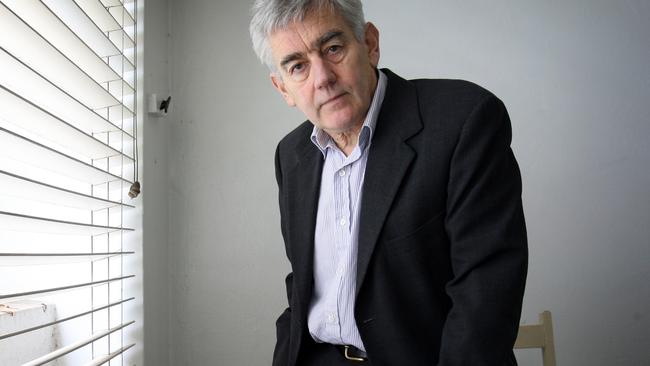
Murray Bail, who won the Miles Franklin for Eucalyptus, has a new book, He. (Text), which is billed as “not autobiography, or even memoir, but an almost anonymous portrait of a figure passing through time and circumstances”.
Evelyn Araluen is a whipcrack smart and politically engaged young Indigenous writer and critic. Her debut poetry collection, Dropbear (UQP), is just the beginning of a body of work to watch. The other debut worth noting comes from Chloe Wilson, whose Hold Your Fire (Scribner) brings together what sounds like a darkling assemblage of short fiction.
Another marquee debut comes by way of British novelist Emma Stonex, whose The Lamplighters (Picador) embroiders the haunting story of the real-life disappearance of lighthouse keepers on the Cornish coast in 1972.
Rick Morton’s My Year of Living Vulnerably (HarperCollins) is an autobiographical pendant to his much-admired debut One Hundred Years of Dirt, while author, editor and critic Alison Croggon gives us Monster (Scribe), a hybrid of memoir and essay. Oh, and for fans of her surprise 2018 bestseller The Trauma Cleaner, Sarah Krasnostein’s The Believer (Text) is a meditation on belief built on interviews with six “extraordinary ordinary” people.
Booker Prize winner George Saunders’s essay collection, A Swim in the Pond in the Rain (Bloomsbury), concentrates on seven simply extraordinary Russian short stories — by Turgenev, Chekhov, Tolstoy and Gogol — that expand to contain the world.
APRIL
From Anwen Crawford comes No Document (Giramondo), a work of nonfiction by the best younger critic of musical and culture at work in Australia today.
Very different but equally impassioned is former MP Kate Ellis’s Sex, Lies and Question Time (Hardie Grant), a call for greater participation by young women in politics.
From offshore, a month of treasures: Blake Bailey’s biography of Philip Roth (Vintage), that funny, furious, priapic giant of post-war Jewish-American literature, along with a new collection of short fiction from Haruki Murakami: one with the near-perfect title, First Person Singular (PRH).
MAY
Jon McGregor has quietly become one of England’s must-read authors. His Lean Fall Stand (4th Estate) is a literary thriller with an Antarctic setting. May also brings fresh work by Rachel Cusk, another UK novelist whose publications are an event. Her new fiction is called Second Place (Faber).
Another intriguing debut comes from Angela O’Keeffe, whose novel Night Blue (Transit Lounge) is told from the perspective of Jackson Pollock’s Blue Poles. I expect that painting has seen a lot through the years, so I’m intrigued to see what O’Keeffe does with the material.
My vote for best book of the year I haven’t yet read must go to Sarah Sentilles and her Stranger Care (Text), an account of the challenges faced by Sentilles and her partner in adopting and raising a baby who was not their biological child.
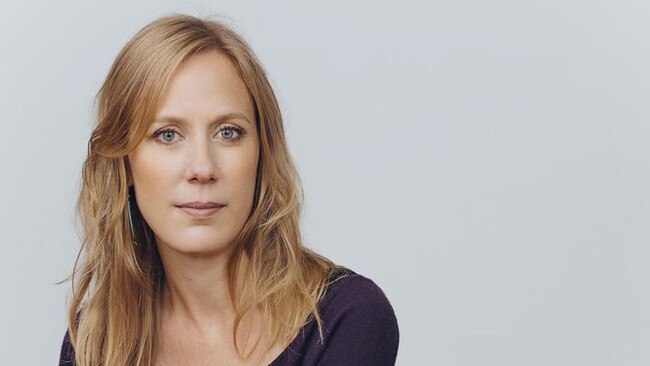
If Sentilles’s new book is half as good as her first, 2017’s Draw Your Weapons — an uncategorisable narrative about peace and violence that read like a secular sermon or a political prose-poem — then it will be better than most titles on this or any other list.
JUNE
June brings Long Island Compromise (Hachette), a novel by the magnificently named Taffy Brodesser-Akner, author of last year’s breakout success, Fleishman is in Trouble. By the same publisher but a local release is a new work of fiction by Michael Mohammed Ahmad, one of the most talented voices to have emerged from the multicultural ferment of Sydney’s western suburbs in recent years. His novel is called The Other Half of You (Hachette).
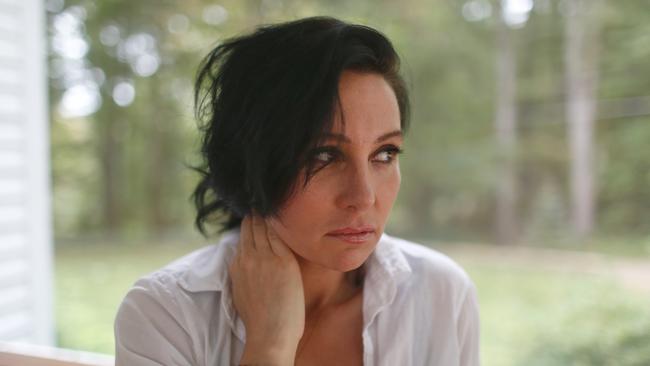
One more to note in June is the first novel by Lisa Taddeo, a journalist and researcher who became an overnight sensation last year after publishing Three Women, a richly detailed and shockingly honest account of the sexual lives of a trio of American women. Animal (Bloomsbury) doubtless will be a paean to the joys of celibacy.
JULY
A month of random pleasures. Maria Takolander, Australian short-story writer and poet of uncommon intelligence and style, brings us a new poetry collection with Trigger Warning (UQP), while the perennially readable Michael Robotham returns with When You are Mine (Hachette), a stand-alone thriller concerned with the place of women in the London Metropolitan Police.
But the standout for me in July is a memoir from the talented and industrious Anna Spargo-Ryan. A Kind of Magic (Picador) is a blend of memoir and analysis that explores a generational history of depression and suicide in the author’s family. Expect it to be a scarifying, wise and funny in equal measure.
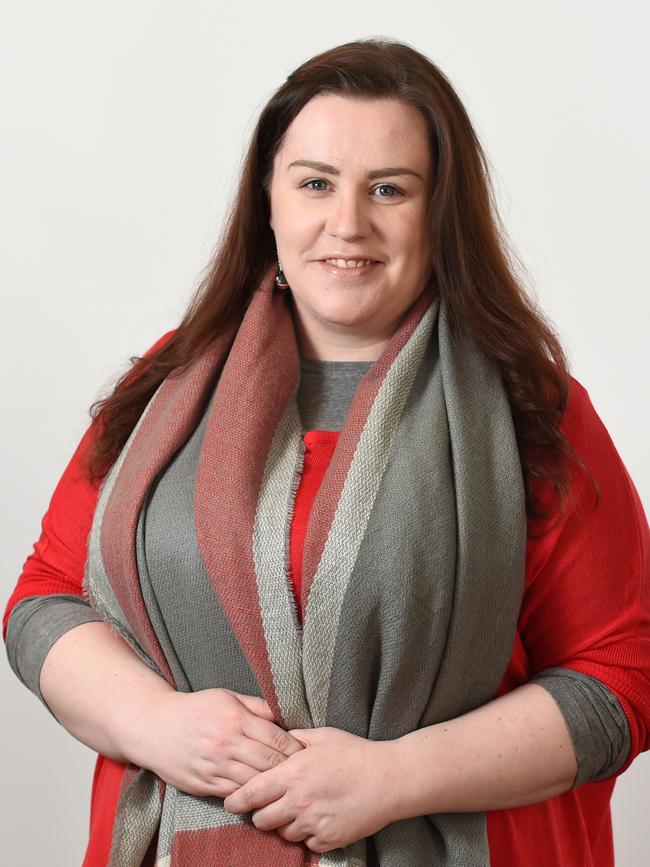
Finally, another book from Spargo-Ryan’s publisher I’m including on the strength of its subject matter alone. Santilla Chingaipe’s Black Convict is an exploration of black convicts sent to Australia during the era of transportation. If, like me, you didn’t know there were black convicts in the colonies, this may be a necessary historical corrective.
AUGUST
Tony Birch writes short stories better than pretty much anyone at work in Australia today. His latest collection, Dark as Last Night (UQP), arrives in August and it will be one of the year’s must-have collections.
Jennifer Mills is one of the few exceptions to the Birch rule above. But in August there will be a novel from her — the much-anticipated follow-up to 2018’s Dyschronia — called The Airways (Picador). Described as a queer ghost story set in Sydney, I expect only that it will be brilliantly unexpected.
SEPTEMBER
Lauren Groff became one of the brightest lights in American literature on the back of her 2015 novel Fates and Furies. Matrix (William Heinemann), a historical novel that reimagines the life of 12th-century poet Marie de France, sounds like good, serious fun.
Harlem Shuffle (PRH) is a new novel by one of the few contemporary US authors even more rapturously received than Groff: Colson Whitehead. His latest is set in (you guessed it) 1960s Harlem.
On home ground there is the ever-wonderful scholar and author Delia Falconer. Signs and Wonders (Scribner) is an essay collection by a mistress of the form that explores the point where broad issues of ecological upheaval elide with culture, politics, society — where species survival intersects with parental care and love. Bold prediction: this title will be on many end-of-year best books lists.
OCTOBER AND BEYOND
Poet and critic Sarah Holland-Batt has spent the past year writing a regular and much-beloved column on poetry for Review. A Poet’s Eye (UQP) gathers up those essays. A smart, sensible and generous guide to how poetry works under the hood, it also works as an anthology of Holland-Batt’s favourite poems. A container of multitudes!
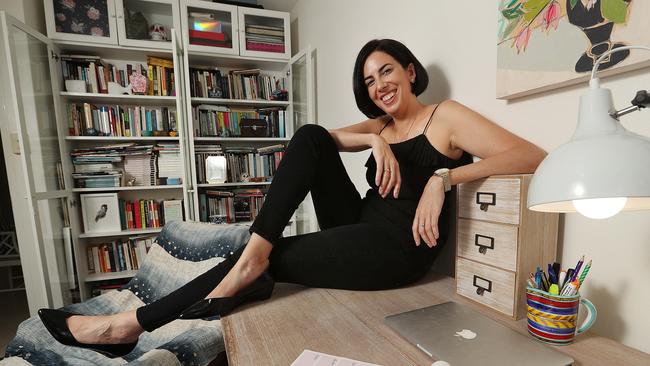
Claire G. Coleman is a West Australian author whose 2017 debut Terra Nullius married speculative fiction with contemporary debates about colonisation in Australia. Her new one is called Enclave (WTO) (Hachette).
It is hard to know whether Jonathan Franzen is jumping the shark with the announcement of a trilogy, grandly entitled A Key to All Mythologies, the first volume of which is Crossroads (4th Estate). But the novelist has a long history of infuriating readers while providing them with narratives of undeniable talent and breadth. Let’s hope it tends towards the latter.
It would be hard, this side of Tom Keneally, to think of an Australian literary figure who has had a career as long, busy and blessed as David Williamson. His memoir (HarperCollins), as yet untitled, doubtless will be filled with sparkling gossip and theatre anecdote. It also will be a window into the life and thought of a central figure in our culture.
Geordie Williamson is chief literary critic of The Australian.


To join the conversation, please log in. Don't have an account? Register
Join the conversation, you are commenting as Logout